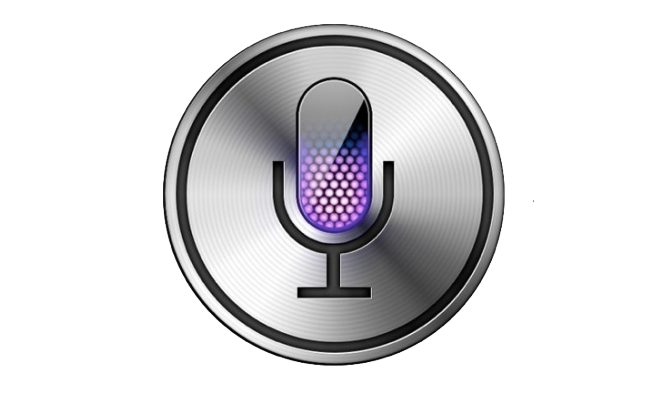

Yahoo has placed its faith in Carnegie Mellon University to help it develop a better and smarter version of Apple’s Siri.
Yahoo has made a $10 million (£6m) grant to the university, which will conduct a five-year project on a mobile assistant solution that’s for now called InMind.
A highlight of the partnership is an “industry-first” mobile toolkit that will provide researchers at CMU with access to Yahoo’s real-time data services.
“This is, for both of us, a very big thing,” Ron Brachman, chief scientist and head of Yahoo Labs said during a 12 February press event on the CMU campus.
Tom Mitchell, the head of CMU’s Machine Learning department, explained the magnitude of the project during the event.
“We’re going to … cherry pick, across the entire university, the most relevant research in computer perception, how to make sense of microphone and camera signals, in learning how to do personalisation, in human factors and design and interfaces in the Human-Computer Interactions Institute, for example,” said Mitchell. “By pulling these together, we’ll be able to [create] a kind of prototype system, fielded on top of Yahoo’s infrastructure, and we’re going to … sign in opt-in users … to be living in this test bed. … This is unprecedented not just in [funding] but in the style of research we’re able to do.”
Brachman told the MIT Technology Review that InMind will particularly focus on applications capable of engaging in simple conversation – a question, a response, a follow-up.
“This is missing from Siri,” Brachman told the Journal, adding that while Siri has its benefits, it can’t understand the context in which a question is being asked.
Yahoo, with its deep reach into its users’ lives, can offer plenty of context.
“The data Yahoo has on its users, from the content of their emails to the records of their clicks on news articles could inform new apps with a deeper understanding of their users and the world they live it,” reported the Journal, citing Justine Cassell, a Carnegie Mellon professor who will co-direct InMind with Mitchell.
Mitchell and Brachman have a shared history at the Defense Advance Research Projects Agency (DARPA) within the Pentagon, which funded a project called CALO, which created technology that ultimately resulted in Siri. (In mid 2012, as Microsoft was announcing that its next version of Windows Phone would include an answer to Siri, Google hired Regina Dugan, a former director at DARPA.)
Rumors have been ongoing, regarding Yahoo’s desire for a Siri crusher.
In December, Android Police posted a video of man driving and interacting with his phone – telling it to send a message to a colleague, saying he was running late and looking up restaurant information. The site later disclosed that the product wasn’t made by Yahoo, as the footage stated, but was simply a “really nice concept demo” made by Robin Labs, a language-processing start-up.
“While we don’t have further information about the app just yet,” the site added, “it’s clear that Yahoo is working on what could be a formidable competitor to Google’s Search app.”
How much do you know about the world of Yahoo!? Take our quiz!
Originally published on eWeek.
Apple fined 150m euros over App Tracking Transparency feature that it says abuses Apple's market…
OpenAI to release customisable open-weight model in coming months as it faces pressure from open-source…
Samsung's Bespoke AI-powered fridge monitors food to create shopping lists, displays TikTok videos, locates misplaced…
Huawei sees 38 percent jump in consumer revenues as its smartphone comeback continues to gather…
In world-first, China approves commercial flights for EHang autonomous passenger drone, paving way for imminent…
Microsoft closes down IoT and AI lab it operated in Shanghai tech district in latest…